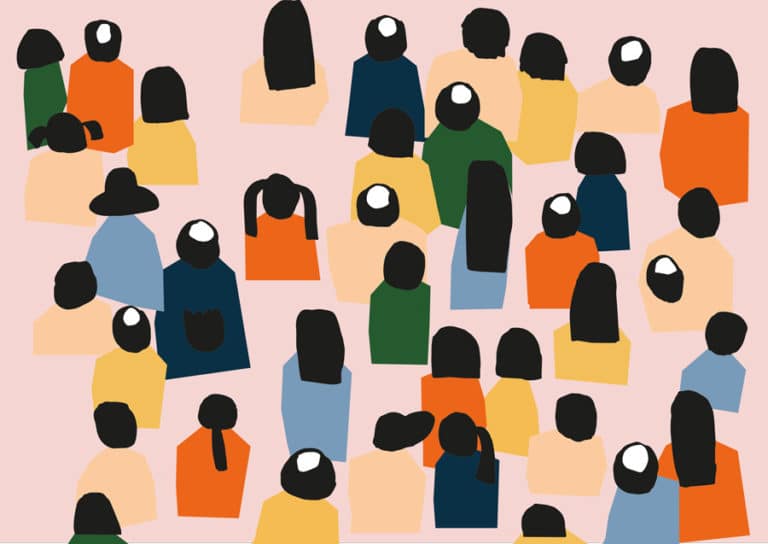The many ways of being Muslim during Ramadan

I’m taking a fast from Instagram right now. I’m also taking a fast from food, water, bad habits, and only emulating good energy during sunlight hours—you guessed it, it’s the holy month of Ramadan.
For 30 days, 1.6 billion Muslims around the world take part in trying to unlearn any Earthly bad habits and essentially look beyond themselves. It’s way more than not eating food and trying to curb your ‘hangry’. It’s an act of being consciously grateful, giving as much as you can, especially to those who are not as fortunate as you.
It’s also the time when many Muslims rekindle with their faith. They may pick up the Quran again, they may start praying traditional salaat and even go to the mosque for nightly Taraweeh prayer. Every once in a while, when my thumb slips on the App Store and I download Instagram again, my timeline, the rest of my social media, and even within the discussions I’m having across various circles—we’re are all talking about Ramadan—the array of personal feelings people have around faith bubble up to the surface once again.
With the rise of Islamaphobia in response to terrorism, a recent example being the racist and xenophobic Christ Church attacks in New Zealand, I’ve seen a noticeable amount of Muslims across generations from millennials to gen X, Y and Z take a stand—and be proud—to do Ramadan this year. I’ve also read the other side of the story.
Though a common sentence I hear from other Muslims, practising or not, is that the air feels different in Ramadan (which I completely agree with), those are not the only narratives we as Muslims should be considering. Journalist and debut author of The Greater Freedom: Life As a Middle Eastern Woman Outside the Stereotypes Alya Mooro, shared an Instagram story on the first day of Ramadan, celebrating the holiday with the words “Ramadan Kareem everyone!”. But it was her second story that hit home. “To everyone celebrating Ramadan (or not), #freedomfrom and #freedomof”.
The term ‘cultural Muslim’ is a phrase that is more common in my vernacular than it was in my parent’s generation. The label varies from person to person but it describes those who aren’t religious yet still respect the teachings Islam has to offer to those who have left the religion (and may or may not have come out to their parents about it). Ramadan is a time to reflect; it can also be difficult for those who are grappling with their different personal beliefs. For many who are ex-Muslims or aren’t simply as religious anymore, 30 holy days can bring a whole month of ‘Muslim guilt’.
For people like Fabliha Anbar, a queer Muslim womxn of colour, navigating communities that you are a part of, and that have also shunned you, makes Ramadan complicated. In a recent Instagram post, Anbar spoke openly about what it’s like for your personal connection to Allah to be policed and how this can then complicate what should be a celebratory month of practice and prayer.
These stories may seem like outliers, and some people may argue that Ramadan is about God and those who don’t have as much as us, but grappling with faith is something we all go through regardless of the outcome.
In conversations such as these—ones that can easily be disregarded as being ‘sinful’, narcissistic and even unholy—we need to unlearn and remember that fasting is also a cleanse from what you think you know while taking a step back to evaluate what’s missing, and what you need to pour into yourself and others. If this is a month about looking beyond yourself, that also means recognising other people’s pain through your own biased lens and frankly, humbling yourself.
For people to be ostracised and then generalised into the ‘bad’ category only because their connection to God doesn’t seem strong is an issue for our Muslim communities. To judge and act as though our way is the only way, especially towards young women in a time where patience, forgiveness, mercy but mainly, empathy is the foundation of this month is truly what is contradictory. Ramadan is a reminder of coming home to yourself, it shouldn’t be four weeks of having to explain your existence. Just like there isn’t one way to look Muslim, there isn’t one way to believe in Allah or anything you may feel is divine, regardless if you’re a part of this month or not.




